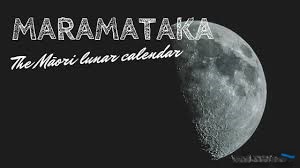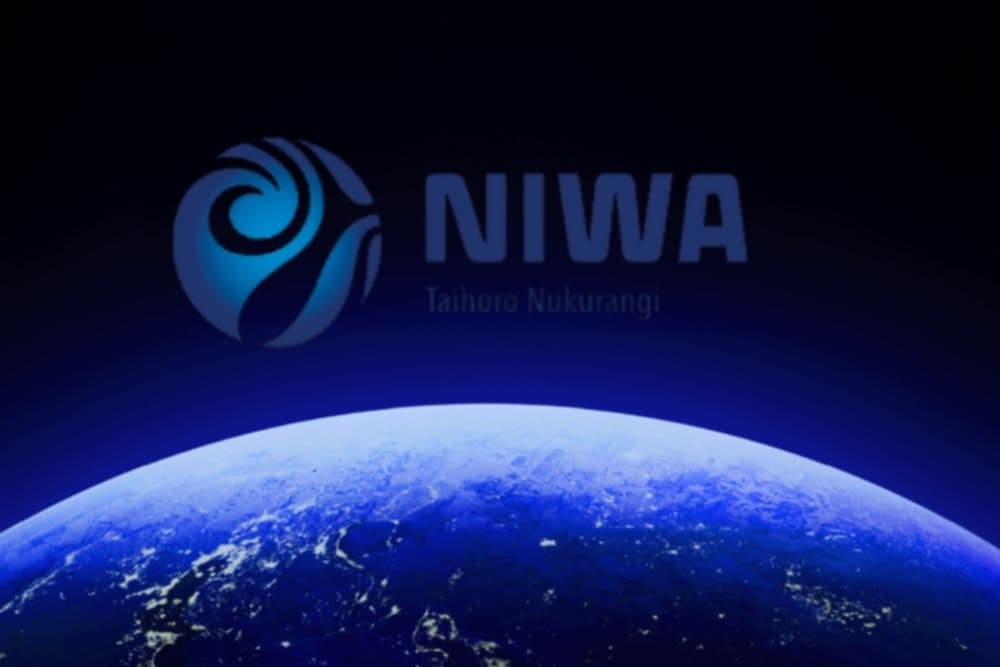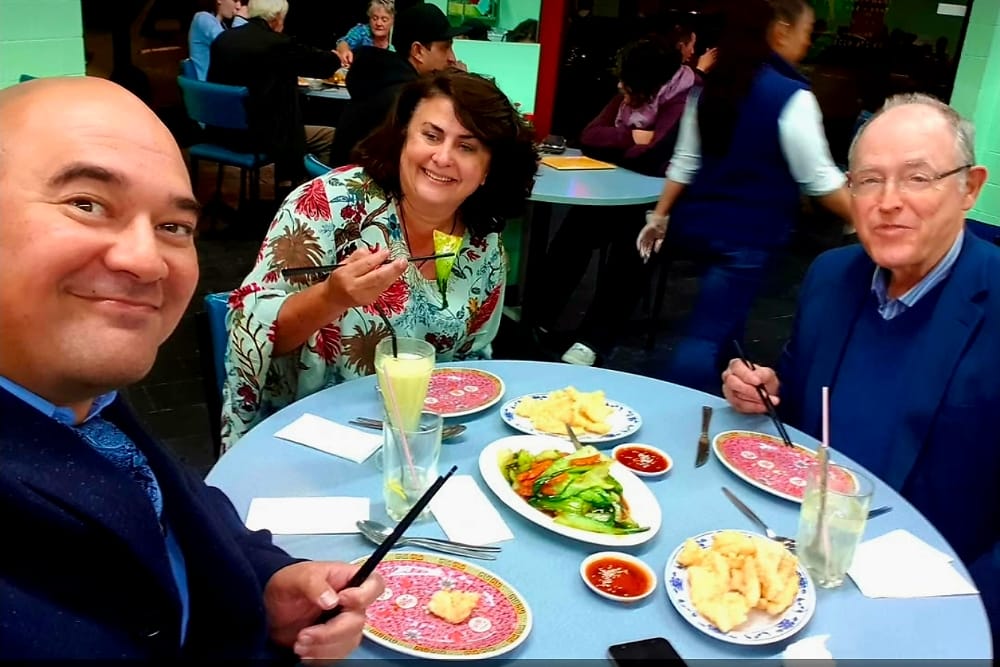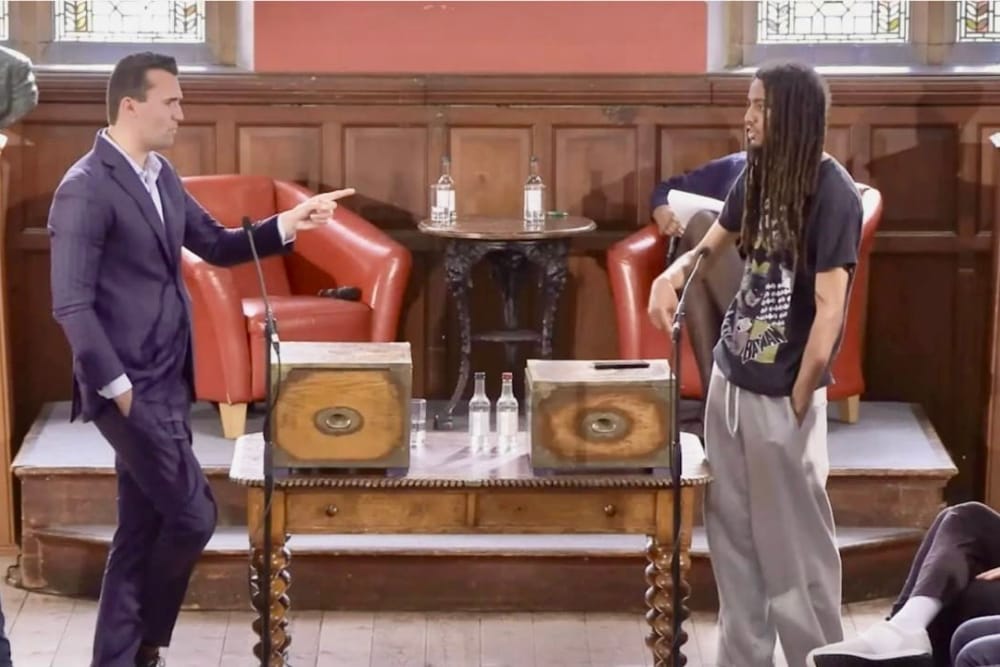Opinion: Dr Robert Bartholemew.
Astrology is alive and well in some New Zealand classrooms thanks to the Education Ministry’s push to give indigenous knowledge equal standing with scientific knowledge.
In recent years government ministries have produced an array of online resources intended to enlighten teachers and students on the wonders of the Māori Lunar Calendar or Maramataka.
Unfortunately, most of these resources are woefully uncritical and fail to mention that there is very little science to support it.
These documents describe the Māori perspective but conveniently leave out the dearth of scientific evidence that a particular phase of the Moon can influence human behaviour, health, horticulture or the weather.
The fear is being branded racist or anti-Māori, but just because something is part of Māori culture should not render it immune from criticism.
It should come as no surprise then that some teachers are now consulting the calendar to plan their lessons around ‘high’ and ‘low’ energy days to determine which phases of the Moon are best to conduct assessments, carry out sporting activities, and even when to go on trips.
Some teachers have even taken to scheduling meetings on days deemed less likely to trigger conflict, all under the moniker of ‘ancient Māori wisdom.’ Indoctrination is also starting early.
In the Far North a group of ECE teachers have been giving lessons on the waxing and waning ‘energy levels’ of the Moon to over 10 early childhood centres. But it doesn’t stop there.
Several government-funded health clinics have been encouraging staff to use the Calendar to navigate ‘high’ and ‘low energy’ days and help clients apply it to their lives – people with serious physical and mental health issues.
I know of one woman who has stopped taking her medication for bipolar disorder and now uses the Calendar to regulate the condition.
There are also reports of women discarding their birth control pills and managing contraception based on the phase of the Moon. Good luck with that.
It is time to get government-sponsored pseudoscience out of our schools and health system.
It begins by having the courage to call a spade a spade.
If supporters of Māori knowledge want parity with science, then it needs to be subjected to the same rigorous standards that other forms of knowledge undergo.
If it passes scrutiny, then I am all for it.
But if it doesn’t, it should not be protected. It should be called out for what it is: ‘folklore’ – which is a polite way of saying ‘pseudoscience.’ If people want to teach this ‘folklore’ as a cultural belief – that’s fine, but don’t teach it as a reality and leave out the scientific perspective.
That’s educational malpractice and indoctrination.
The mainstream media has also contributed to the confusion that exists around the Maramataka.
I analysed nearly 1000 media reports mentioning the word ‘Maramataka’ that appeared between 2016 and 2024.
One could be forgiven for thinking that the influx in stories reflects interest in the new Matariki holiday, yet just 14 stories reference the Matariki.
After reading through each article, I could not identify a single negative or skeptical position on the Calendar.
This is incredibly revealing and goes to show the depth of fear and uneasiness that surrounds the subject of Māori knowledge. Just imagine what would happen if schools in Europe and North American taught astrology uncritically in the classroom?
Dr Robert Bartholomew is an Honorary Senior Lecturer in the Department of Psychological Medicine at the University of Auckland. He is the author of The Science of the Māori Lunar Calendar: Separating Fact From Folklore (https://www.nomaoriallowed.com/buy/p/the-science-of-the-mori-lunar-calendar).










